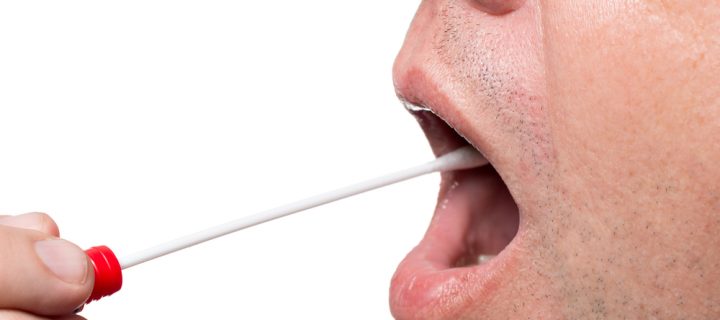Can it really tell you if you’re Russian, Nigerian or Cherokee at heart? Maybe yes, maybe no, science says.
From testing for diseases, to finding out who your family is, your cultural heritage and convicting countless criminals, DNA has taken center stage.
We tend to rely on the information we mine from this chain of nucleotides that carries the instructions our body needs to grow, function and develop as unalterable truth, written in stone.
But just how accurate is DNA testing?
A report on Today.com shows that, at least when it comes to the work done by certain companies, it’s actually very reliable at identifying family members.
Related: Our DNA Was Formed With Ingredients From Outer Space: Study
The media outlet tested a group of grown female triplets from California. It used DNA kits from three different companies. The three women all had different last names, and so it wasn’t evident they were related.
The results? All three tests came back with almost exactly the same results, and all indicated a 100% DNA match to the other siblings, a truth, given that these women were identical triplets.
But what about when it comes to providing definitive proof of your ancestry? This is a slightly different story. Slate.com doesn’t think it’s entirely possible. These tests can provide a good, educated estimate as to where your genes really come from, but it’s not exact evidence.
Why? “…(E)thnicity is not a trait derived from a single gene, because ethnicity is mostly our perception of a collection of traits, rather than a trait itself,” writes Matt Miller.
Human history, it seems, is messy. But does that really come as a surprise? As long as someone out there tries to marry their mother- and daughter and son- it’ll stay that way. Which definitely keeps life interesting.
Photo credits: Henrik Dolle/Shutterstock.com












